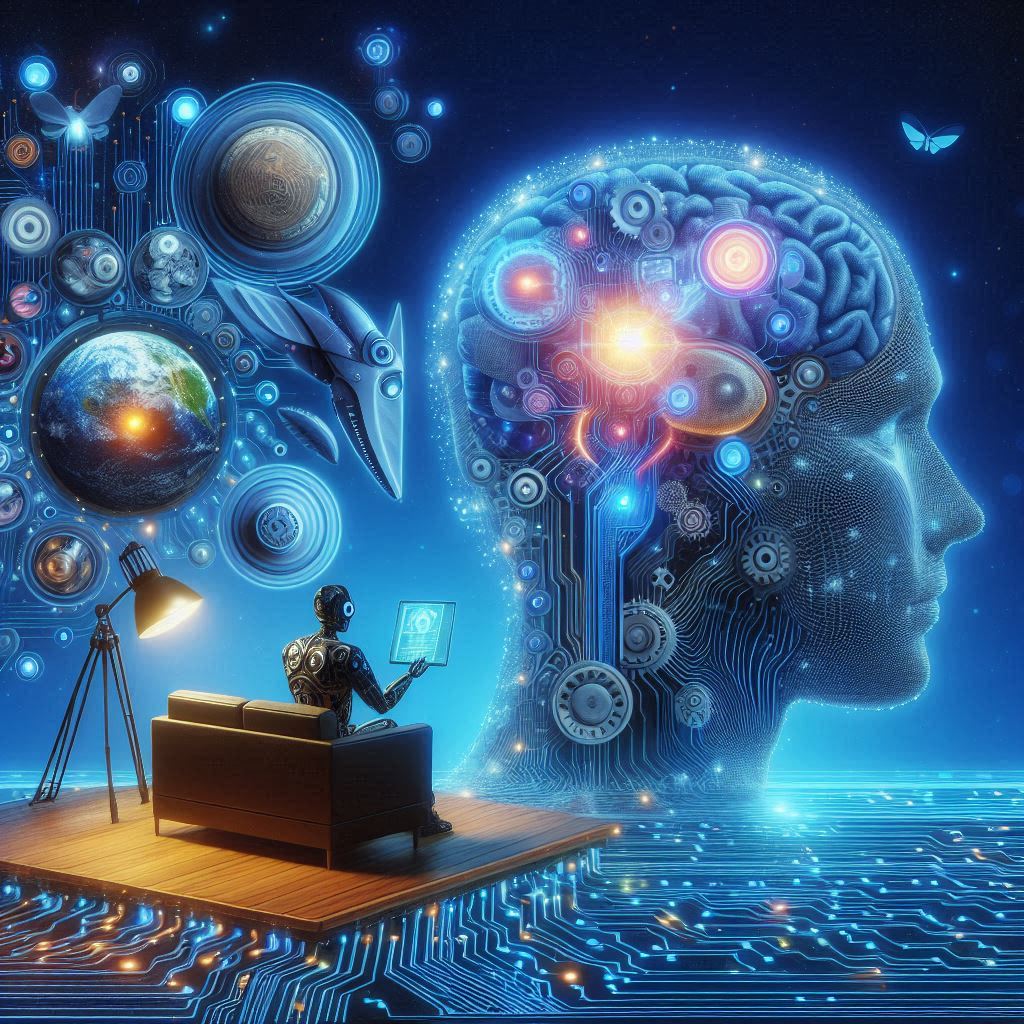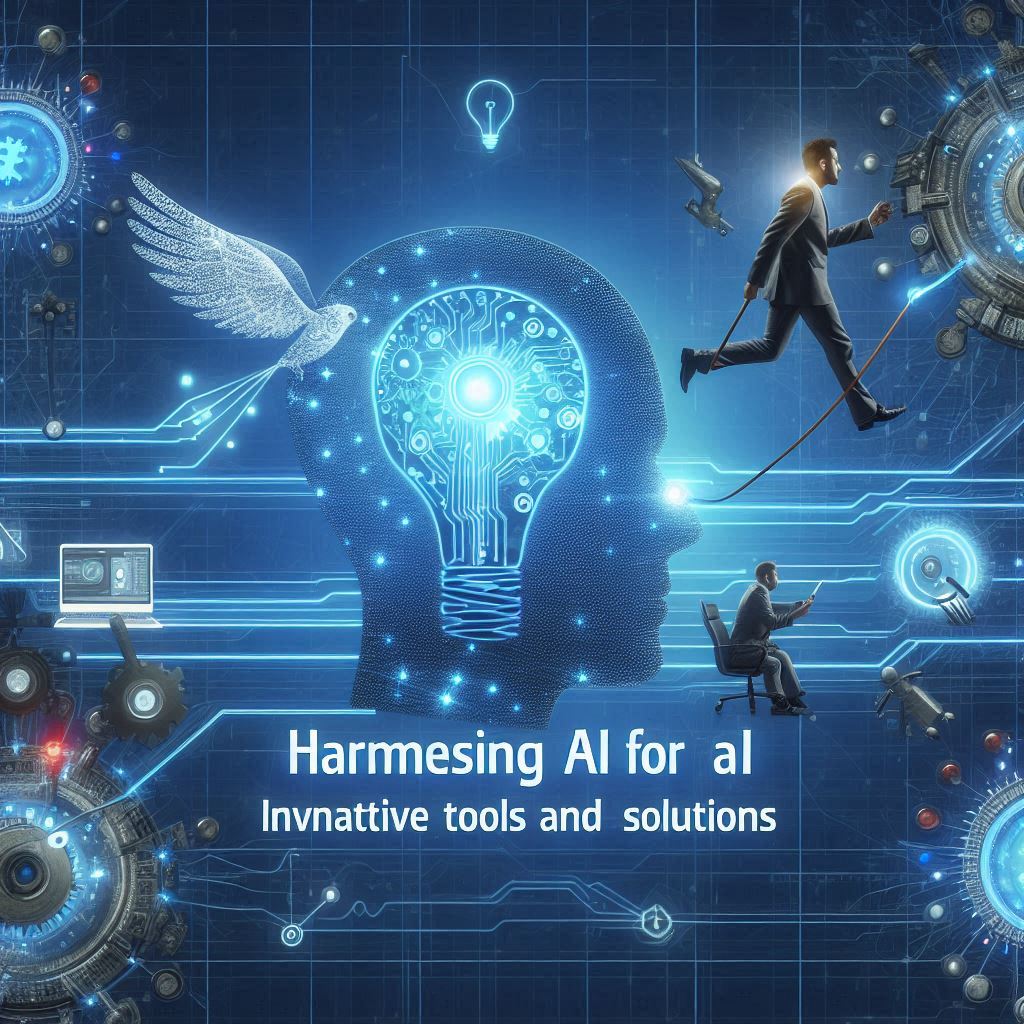Harnessing AI for Mental Health: Innovative Tools and Solutions
The integration of Artificial Intelligence (AI) into mental health care is rapidly transforming the landscape of mental health services. By leveraging innovative tools and solutions, AI is helping to improve accessibility, personalize treatments, and enhance patient outcomes. This article explores the latest advancements in AI for mental health, highlighting key tools, applications, and success stories.
Understanding AI in Mental Health
AI encompasses a variety of technologies, including machine learning, natural language processing (NLP), and predictive analytics. In mental health, these technologies can analyze data patterns, support clinicians in decision-making, and offer personalized patient care.
Key Applications of AI in Mental Health
| Application | Description | Examples |
|---|---|---|
| Chatbots | AI-driven conversational agents providing 24/7 support and resources. | Wysa, Replika |
| Predictive Analytics | Analyzing data to predict mental health crises and recommend interventions. | PsyberGuide, Palm Health |
| Teletherapy | Using AI to enhance online therapy sessions through personalized interventions. | BetterHelp, Talkspace |
Innovative Tools and Solutions
Here are some groundbreaking AI-driven tools that are revolutionizing mental health care:
1. AI-Powered Chatbots
AI chatbots have emerged as crucial tools in mental health support. They provide immediate assistance to users seeking help and can function outside regular office hours. Some notable examples include:
- Wysa: A mental health chatbot designed to provide users with evidence-based self-help tools.
- Replika: An AI companion that engages users in conversations to promote mental wellness.
2. Predictive Analytics Tools
Predictive analytics uses historical data to forecast mental health trends and risks. For instance:
- PsyberGuide: Provides comprehensive reviews and insights into mental health apps using predictive analytics.
- Palm Health: Analyzes patient data to identify those at risk for mental health crises.
3. Virtual Reality (VR) Therapy
Virtual reality is being integrated into therapy sessions to create immersive environments for exposure therapy. AI plays a critical role in personalizing these experiences.
For example, Oxford VR develops AI-driven VR solutions that help treat anxiety and phobias.
Benefits of AI in Mental Health Care
Utilizing AI in mental health comes with several significant benefits:
| Benefit | Description |
|---|---|
| Accessibility | AI tools can be accessed anytime, anywhere, reducing barriers to care. |
| Cost-Effectiveness | AI solutions can lower the cost of mental health services, making them more affordable. |
| Personalization | AI algorithms can tailor treatments to individual needs, enhancing effectiveness. |
Challenges and Considerations
Despite the promising potential of AI in mental health, several challenges must be addressed:
- Data Privacy: Ensuring patient data is handled securely and ethically is paramount.
- Bias in AI Algorithms: There is a risk of biases in AI systems that can affect outcomes and reinforce inequalities.
- Integration with Human Care: Balancing AI solutions with traditional therapeutic approaches remains a critical consideration.
Success Stories and Exemplary Cases
Numerous companies and initiatives are successfully harnessing AI to make a meaningful impact in the mental health space. Here are a few standout examples:
| Company | Innovation | Impact |
|---|---|---|
| Wysa | AI chatbot providing 24/7 support | Over 2 million users worldwide, promoting mental well-being. |
| BetterHelp | Online therapy platform leveraging AI | Expanded access to mental health services to thousands. |
| Oxford VR | VR therapy for anxiety and phobias | Proven effectiveness in treating mental health conditions. |
Future Trends in AI for Mental Health
The future of AI in mental health looks promising, with several emerging trends:
- Increased Collaboration: Greater collaboration between AI developers, mental health professionals, and policymakers to create holistic solutions.
- Enhanced Personalization: Continued advancements in machine learning will allow for even more tailored treatment plans.
- Integration with Wearable Technology: The combination of AI and wearables to monitor mental health in real-time.
Conclusion
AI is revolutionizing mental health care by providing innovative tools and solutions that improve accessibility, personalization, and outcomes. While challenges remain, the success stories and ongoing advancements in AI technology pave the way for a brighter future in mental health. By harnessing these innovations, we can create a more supportive and effective mental health landscape for everyone.
Further Reading
For more insights into the intersection of AI and mental health, check out these resources:

